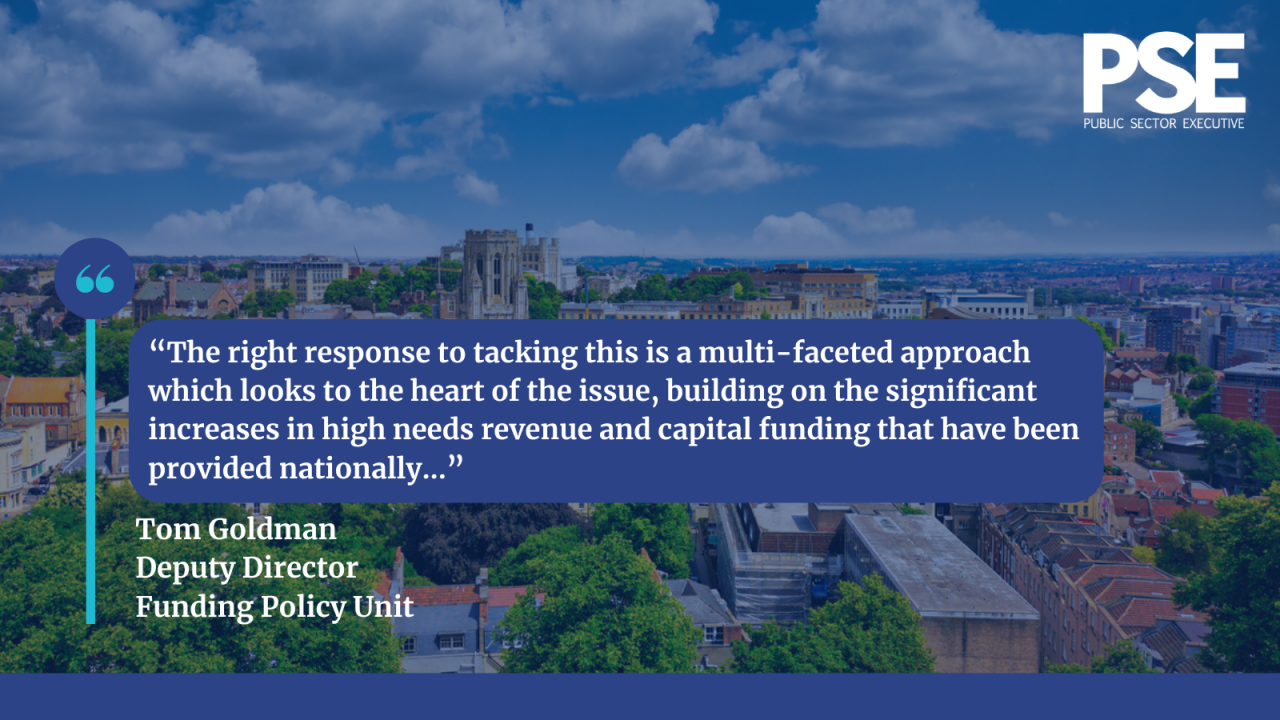Bristol City Council is at risk of going bankrupt unless it can roll out reforms to its Special Educational Needs and Disability (SEND) support.
Currently, the council’s education budget is overdrawn by £56 million, with this expected to increase to £114 million by 2028. This comes as the demand for additional SEND support has increased across the country in the last ten years or so.
Whilst the government has agreed to write off £54 million of the funding deficit over the course of seven years, this comes on the condition that the council follows a programme of reforms to its SEND support. This programme will ensure that outcomes for pupils with special educational needs benefit from improved outcomes in a financially sustainable way, and will include:
- The co-production of a city-wide SEND Inclusion Strategy
- The improvement of the timeliness of education processes and reviews
- The development of creative and dynamic ways to keep young people in quality, mainstream education that meets their needs and improves their outcomes.
The safety valve programme, which will provide the funding for the improvement measures, currently provides investment for 38 local authorities, including Bristol City Council. Commenting on the work that will be done to deliver on the programme, the council said:
“Bristol City Council will work closely with parents, carers, school leaders and partner organisations to develop and implement the Safety Valve programme together and will engage closely with stakeholders in the coming weeks to answer any questions.”

The Department for Education invited the local authority to join the Safety Valve Programme via a letter from Tom Goldman, Deputy Director of the Funding Policy Unit. In his letter, Goldman said:
“We are aware that, over recent years, pressures on high need budgets have contributed to many local authorities accruing deficits on their Dedicated Schools Grant (DSG). The right response to tacking this is a multi-faceted approach which looks to the heart of the issue, building on the significant increases in high needs revenue and capital funding that have been provided nationally; targeted intervention for the local authorities who have struggled the most; and future change arising from the special educational needs and disabilities (SEND) and Alternative Provision (AP) Improvement Plan.”
Image credit: iStock



















